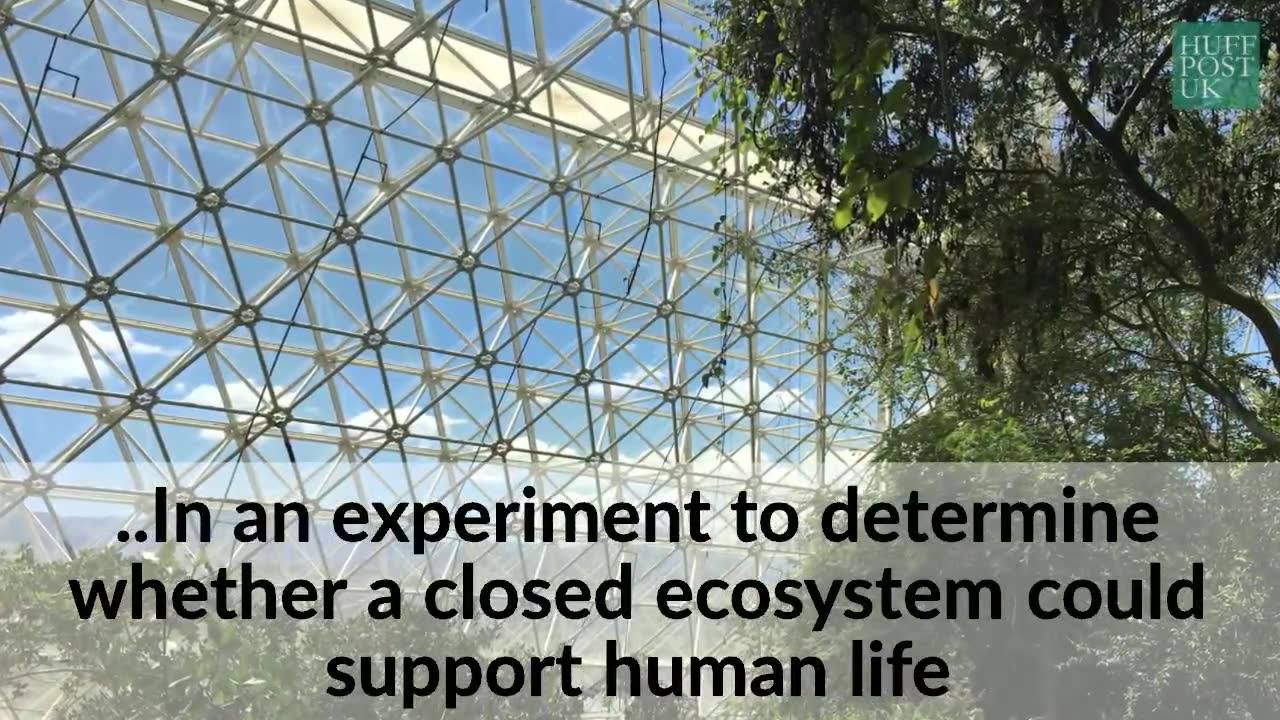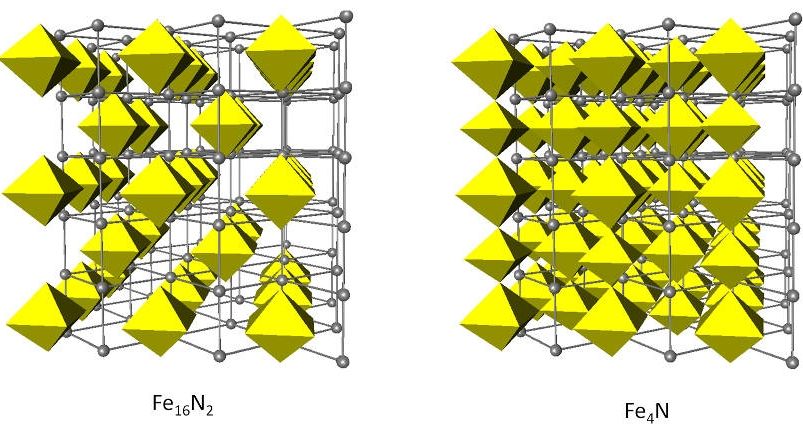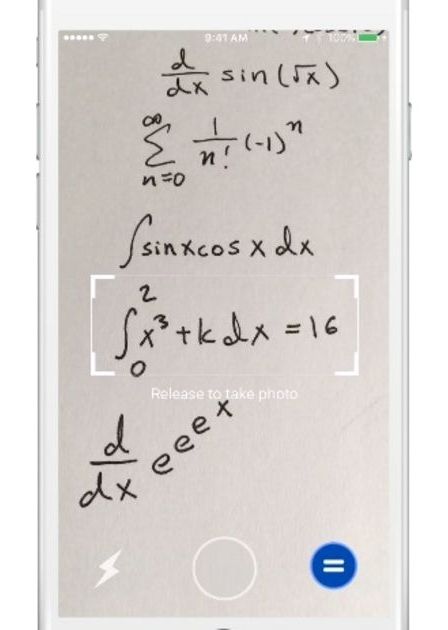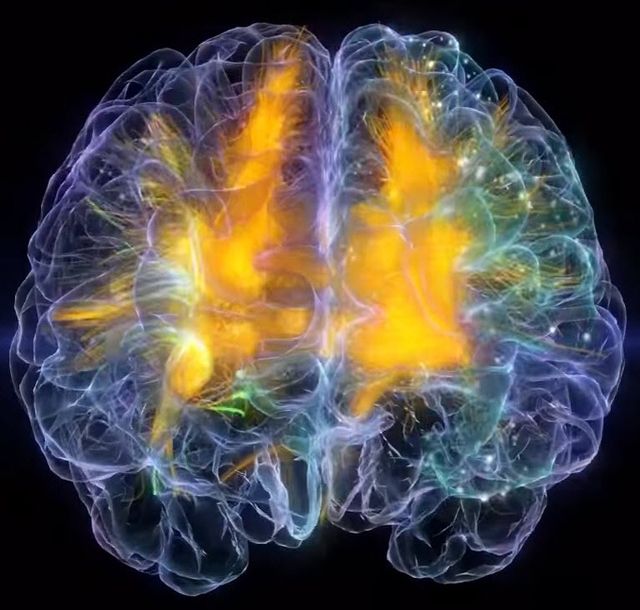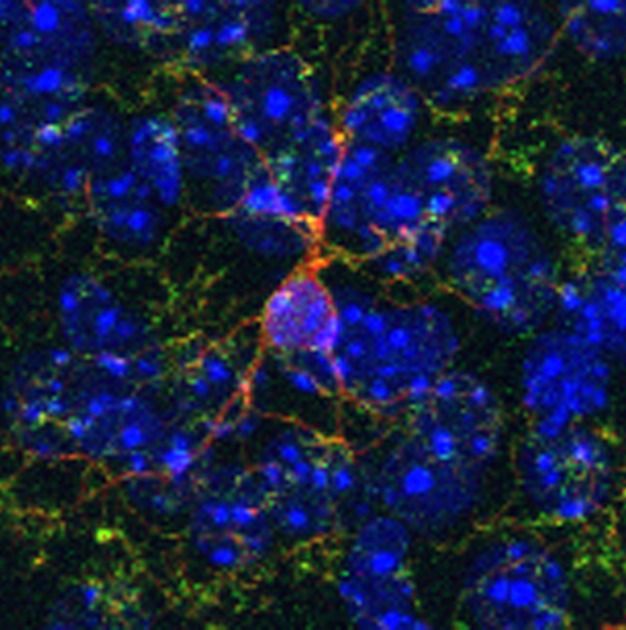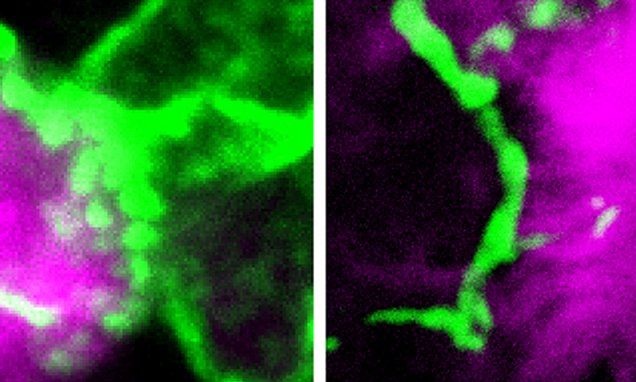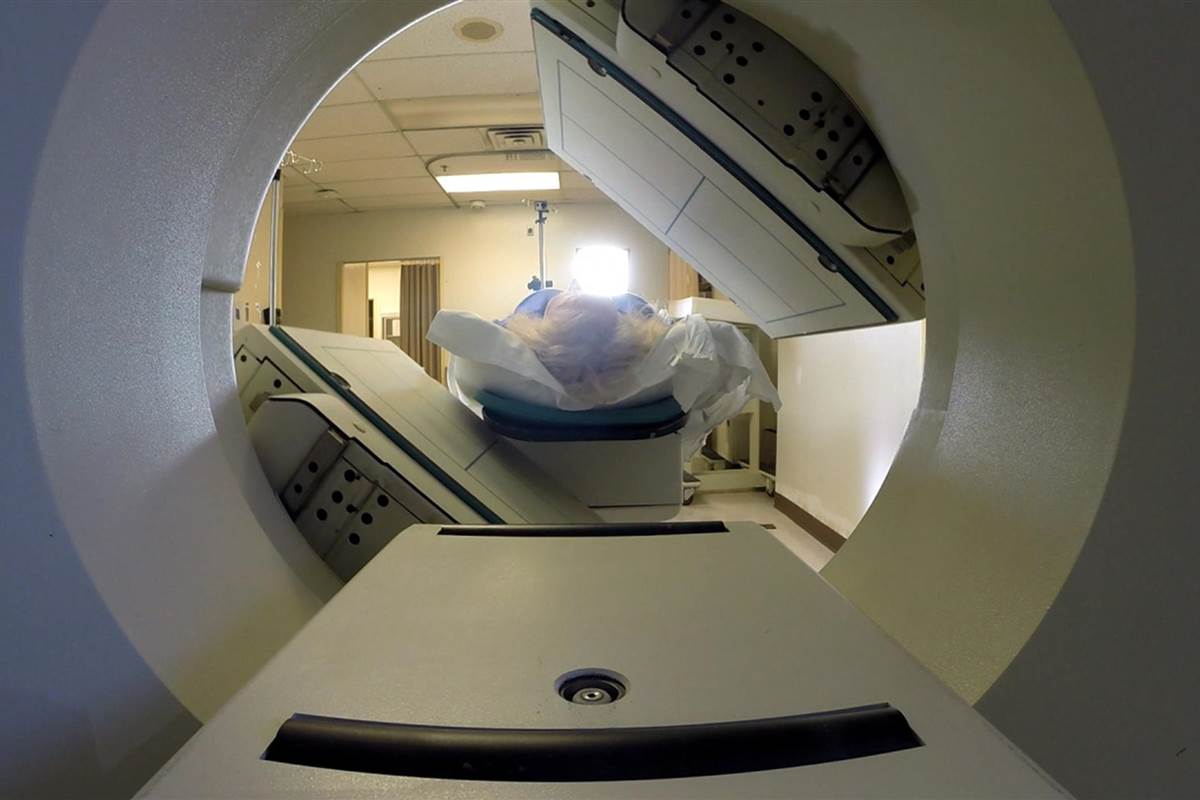Page 11169
May 19, 2016
This science laboratory looks like it should be in a James Bond movie
Posted by Shailesh Prasad in categories: entertainment, science
May 19, 2016
Rare-earth-free magnet made from cheap materials
Posted by Karen Hurst in categories: entertainment, materials
A new cheaper way in creating magnets.
US researchers have created a powerful permanent magnet out of iron and nitrogen, two plentiful cheap materials, as part of a programme to cut the need for ‘rare earth’ metals.
It is only a tiny sample, a film 500nm thick, but it is the real thing.
Continue reading “Rare-earth-free magnet made from cheap materials” »
May 19, 2016
Point your phone at an equation and Mathpix will solve it
Posted by Shailesh Prasad in categories: education, information science, internet, mathematics, mobile phones, neuroscience
Math isn’t everyone’s strong suit, especially those who haven’t stretched that part of their brain since college. Thanks to the wonders of image recognition technology, we now have Mathpix, an iOS app that lets you point your phone camera at a problem and calculates solutions in seconds.
The interface looks like any standard camera app: simply drag the on-screen reticle over the equation and the app solves it and provides graph answers where appropriate. More useful is a step-by-step guide offering multiple methods to reach a solution, making this a bona fide educational tool. It uses image recognition to process problems and pings its servers to do the mathematical heavy lifting, so it likely requires an internet connection to work.
Mathpix was envisioned by Stanford PhD student Nico Jimenez, who was advised by Stanford grad Paul Ferrell. The app’s other developers are high schoolers Michael Lee and August Trollback, which is impressive for an app that claims to be the first to visually recognize and solve handwritten math problems.
Continue reading “Point your phone at an equation and Mathpix will solve it” »
May 19, 2016
Is The Singularity A Religious Doctrine?
Posted by Karen Hurst in categories: information science, neuroscience, Ray Kurzweil, singularity
New spin on all things that are Singular. Hmmm — so if Singularity becomes a religion; is Ray Kurzweil its God?
A colleague forwarded John Horgan’s recent Scientific American article, “The Singularity and the Neural Code.” Horgan argues that the intelligence augmentation and mind uploading that would lead to a technological singularity depend upon cracking the neural code. The problem is that we don’t understand our neural code, the software or algorithms that transform neurophysiology into the stuff of minds like perceptions, memories, and meanings. In other words, we know very little about how brains make minds.
May 19, 2016
Precision radiation helps ward off first-time mom’s brain tumor
Posted by Karen Hurst in categories: biotech/medical, health, neuroscience
Another exampme of how precision works.
While pregnant with her first child, Rhea Birusingh started experiencing blurry vision that her OB-GYN dismissed as an expected pregnancy-related change, but three months later, she went to her ophthalmologist, who discovered an inoperable 2-centimeter benign brain tumor behind her right eye. Now, nearly four months later, Birusingh’s son is healthy and her vision is normal, thanks to a powerful, precise radiation treatment.
“When you’re a pathologist and your eyes are a money maker, you start to get a little bit worried,” Birusingh, 37, of Howey-in-the-Hills, Florida, told FoxNews.com.
Continue reading “Precision radiation helps ward off first-time mom’s brain tumor” »
May 19, 2016
A Real-Time Visualization Of Electrical Activity In The Brain Is Here And It’s Beautiful
Posted by Karen Hurst in categories: entertainment, neuroscience
Researchers have created a beautiful visualization the electrical activity in the human brain with the Unity3D game development engine. It’s gorgeous eye candy but it’s also amazing when you find out what it is you’re looking at.
May 19, 2016
Mechanism that reduces effect of cocaine on brain discovered
Posted by Karen Hurst in categories: health, neuroscience
Very promising. Wonder how effective it is with Prescription Med. Addictions.
A type of brain cell known as microglia plays a key role in reducing the effects of cocaine in the brain, according to a major study by a team from the Research Institute of the McGill University Health Centre (RI-MUHC) in Montreal.
The discovery, published in the journal Neuron, establishes for the first time that microglia can diminish the adverse changes to neural circuitry brought on by the chronic use of cocaine and has significant implications for developing an effective treatment for addiction.
Continue reading “Mechanism that reduces effect of cocaine on brain discovered” »
May 19, 2016
Immune cells thought to trigger dementia actually PROTECT against it
Posted by Karen Hurst in categories: biotech/medical, neuroscience
A specific type of immune cell, called microglia (green) can help contain amyloid plaques (magenta), the key hallmark of Alzheimer’s disease, thus limiting their damage to surrounding brain cells.
But, Dr Jaime Grutzendler, associate professor of neurology and neuroscience at Yale, said that is no longer thought to be the case, and should signal a new.
He said: ‘It suggests we should be enhancing the function of these immune cells, not trying to suppress it.’
Continue reading “Immune cells thought to trigger dementia actually PROTECT against it” »
May 19, 2016
Here’s How to Prevent Half of Cancer Deaths
Posted by Karen Hurst in categories: biotech/medical, genetics
Harvard you’re wrong. Why? Harvard needs to explain to all the families with genetic mutations tied to various types of cancer, cancer survivors who carry a genetic mutation, or the workers who were exposed at work to radiation or carcinogens how their smoking caused their cancer when they never smoked in their entire life. However, how do you explain that to the countless million patients, survivors, and loved ones who lost someone to cancer that never smoked or were exposed to smoking.
As many as 40 percent of cancer cases, and half of cancer deaths, come down to things people could easily change, researchers said Thursday.
While Americans often worry about whether chemicals, pollution or other factors out of their control cause cancer, the new analysis shows otherwise: People are firmly in charge of much of their own risk of cancer.
Continue reading “Here’s How to Prevent Half of Cancer Deaths” »

